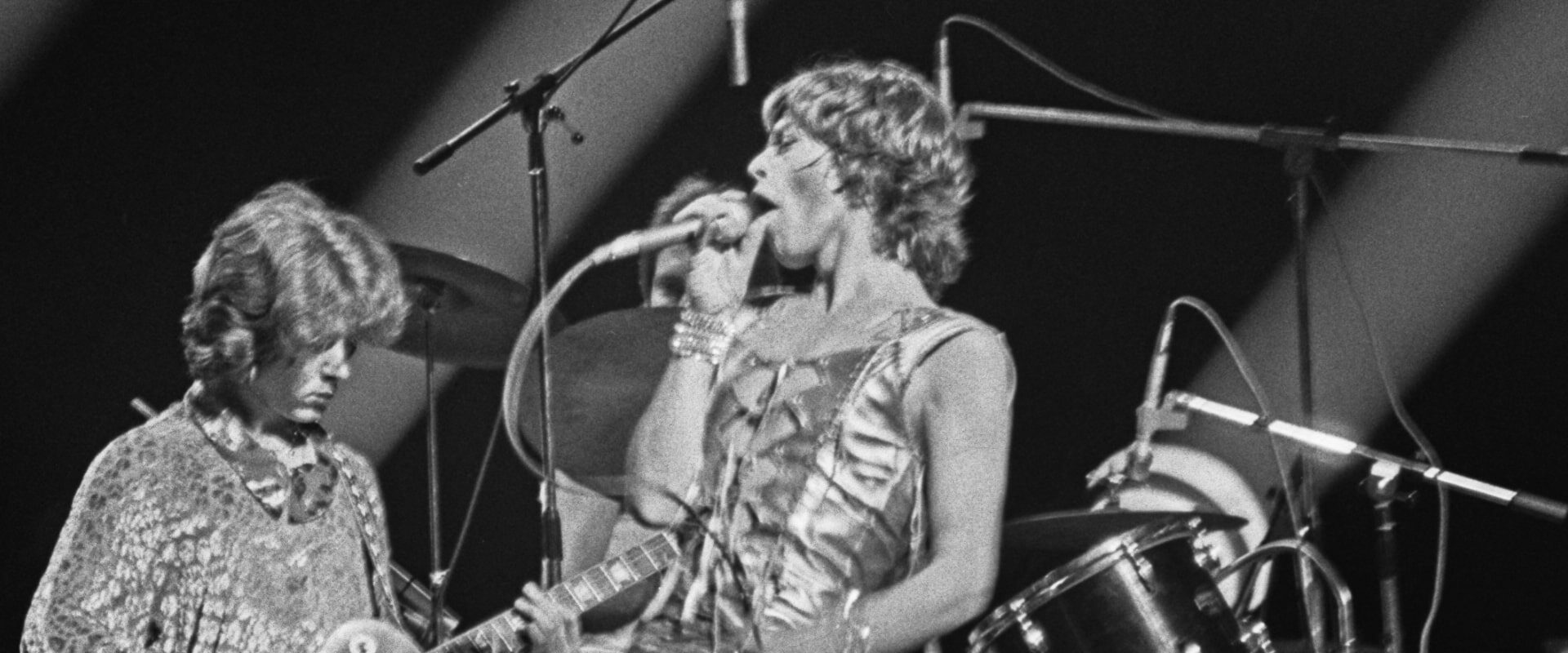On this day (September 22) in 1973, The Rolling Stones were at the top of the UK Albums Chart with Goats Head Soup. The album was an international hit, topping charts in the United States, Spain, Norway, Canada, Australia, and the Netherlands. The LP’s lead single, “Angie,” was a massive hit that started multiple prominent rumors.
As with Exile on Main St., The Rolling Stones recorded Goats Head Soup while living outside of the United Kingdom as tax exiles. As a result, they traveled to Jamaica and the United States to record tracks for the LP. “The album itself didn’t take that long, but we recorded an awful lot of tracks,” Keith Richards recalled in According to The Rolling Stones. “There were not only Jamaicans involved, but also percussion players who came from places like Guyana, a traveling pool of guys who worked in the studios. It was interesting playing in this totally different atmosphere,” he added.
The Rolling Stones Spark Rumors with “Angie”
The Rolling Stones released “Angie” as the album’s lead single. The acoustic ballad was not what fans expected from the Stones. However, that didn’t stop it from going to No. 1 in multiple countries, including the United States. It also started several rumors among fans.
Some believed that Mick Jagger wrote the song to make David Bowie’s wife, whose name was Angela, happy after she caught the two rock icons in bed together. That turned out to be false, and Jagger claims that her story about catching him in bed with Bowie was a lie. Moreover, Keith Richards wrote the bulk of the song.
Those who didn’t believe that Jagger wrote the song for Bowie’s wife believed that Richards wrote it about his daughter, Angela. This turned out to be untrue as well.
Richards wrote the song while in rehab. While he was in an inpatient treatment center, his girlfriend, Anita, was at a nearby hospital having their child. “Once I came out of the usual trauma, I had a guitar with me and I wrote ‘Angie’ in an afternoon, sitting in bed, because I could finally move my fingers and put them in the right place again,” he recalled. “I just went, ‘Angie, Angie.’ It was not about any particular person. It was a name like oh, Diana,” he added. “I didn’t know Angela was going to be called Angela when I wrote ‘Angie.’ In those days, you didn’t know what sex the thing was going to be until it popped out.”
Featured Image by Evening Standard/Hulton Archive/Getty Images

